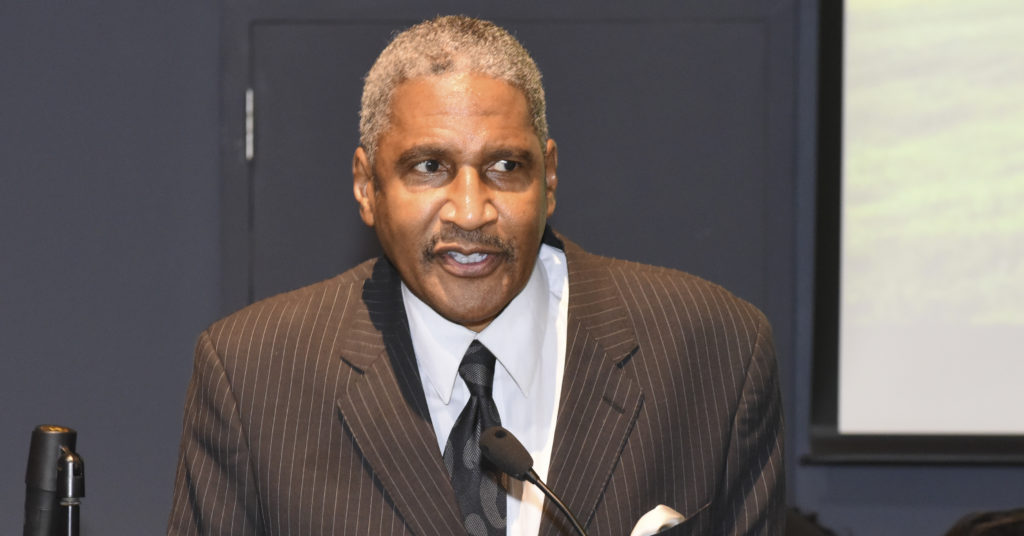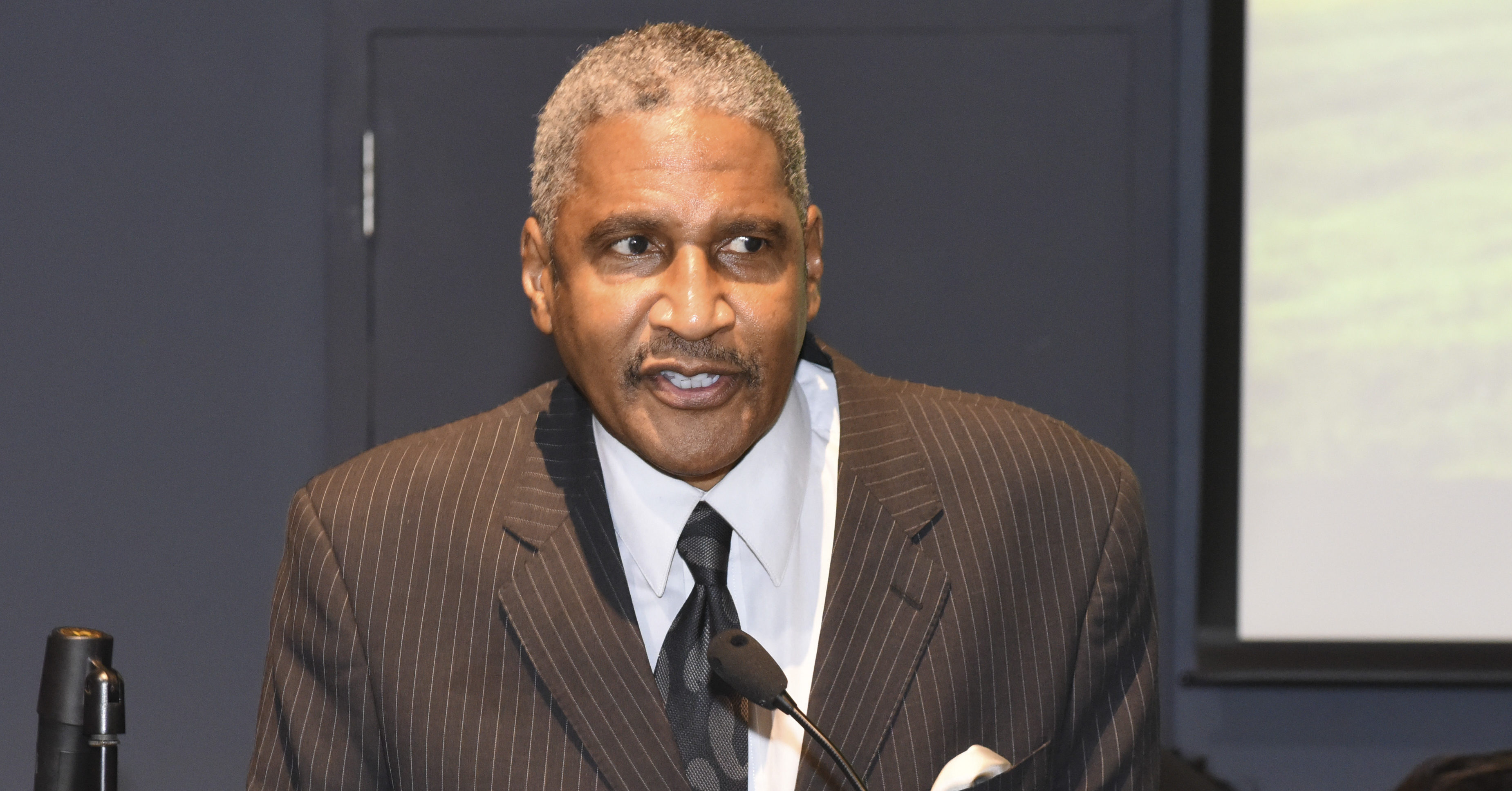By Ariel Worthy
The Birmingham Times

Since becoming president and CEO of the Housing Authority of the Birmingham District (HABD) nine months ago, Michael Lundy has announced a number of programs and initiatives—and none is more controversial than his plan to restrict firearms in public housing.
“We’ve been researching, and a few lawyers have put together a draft model to restrict firearms to a certain extent,” he said, adding that officials are not trying to eliminate guns completely but put some controls in place.
The restriction will not allow firearms in public areas, such as rent offices and parks. Also, if a resident wants a gun, he or she must register it through the HABD.
Another initiative is the Gun Buyback Program. Beginning Saturday, Nov. 19, 2016, in Marks Village in Gate City and the Morton Simpson Homes in Kingston, residents will be able to turn in guns in exchange for cash rewards.
A heavier police presence in some housing areas also has been effective, according to Lundy.
“Birmingham police officers have been patrolling the Marks Village area pretty much 24 hours a day for the last month, and we haven’t had any shootings,” he said. “It’s been successful.”
Community Input
Lundy also wants residents to get more involved with policy decisions, which prompted him to request transportation for residents to attend HABD monthly meetings.
“Our residents are very engaged, and we need their input,” Lundy said. “They were coming to board meetings before, but [attendance] wasn’t consistent because they often couldn’t get rides.”
One big misconception is that housing project residents are not active in their neighborhoods. Consider, for example, the Smithfield Walk Club. This group of mostly women in the area get together to walk and socialize on a regular basis.
“They have the same aspirations, goals, and needs that we all have,” Lundy said. “They just happen to have a different economic status.”
Barbara Merchant, president of Harris Homes in East Birmingham, said she likes the work being done with neighborhood leaders.
“This was the first year in about 10 years that [neighborhood leaders] have gone to training,” she said.
Efforts to give young women opportunities to get ahead in life have been beneficial, as well, Merchant, 42, said: “A lot of women want to get out of their situations, and there are programs that can help them get out.”
Fatherhood Initiative
One program dear to Lundy’s heart is the Fatherhood Initiative. As a father of two boys, he said it is important for children to have a father figure in their lives.
“One of the challenges in public housing—and this is all over the country—is the lack of involvement of fathers in the lives of their children,” Lundy said. “Children need both parents.”
Many heads of households in public housing are single mothers, and the Fatherhood Initiative gives male residents in the area an opportunity to mentor children.
“It’s not to say that one parent can’t be both a mother and father,” Lundy said, “[But] it’s a powerful image to have a man who lives in public housing talk about fatherhood and its responsibility.”
The message might not be conveyed as well if the message was to come from someone like, say, Lundy.
“They would think I couldn’t identify with them,” he said. “When men from their own communities talk to them about violence, abuse, school, relationships—that’s powerful.”





